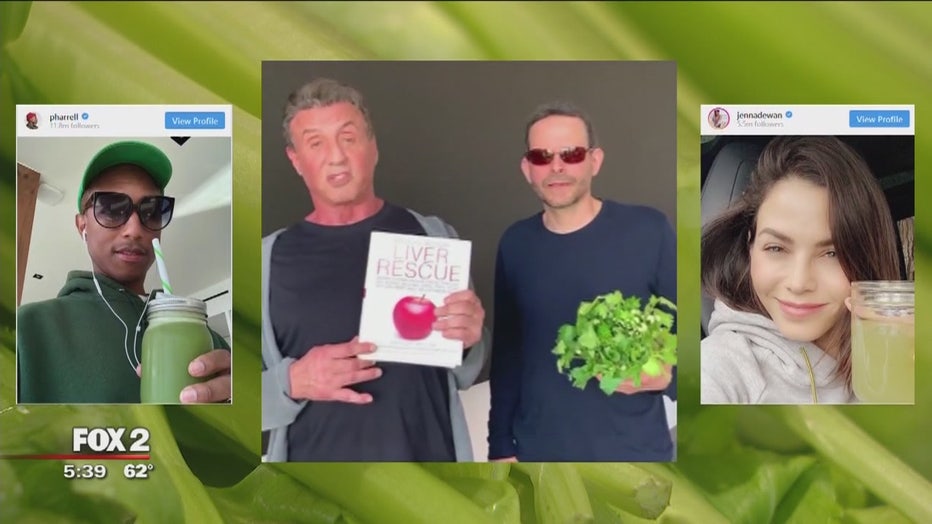A new survey reports 45 percent of us get health advice online. That can have inspiring, and scary effects
When you're scrolling through social media, you're bound to land on some health advice. The question is, should you take it?
Celebrities are full of health tips. Maybe it's the Kardashians describing how they achieve their hot bodies, or adult film star Jenna Jamison explaining her dramatic weight loss due to the Keto diet.
It's all tempting to duplicate, perhaps, but is this solid advice?

More people are getting health advice from social media. Is that good or bad?
According to a healthy Now survey from the Parade-Cleveland Clinic, 45 percent of us now get health advice from online sources. A doctor with the clinic said while that can serve as a real inspiration for many, there can also be a lot of false health claims on the Internet that could lead us astray.
According to the Parade-Cleveland Clinic Healthy Now survey, 45 percent of us are getting health and fitness advice online. Dr. Mark Hyman says connecting online has both pros and cons.
"There can be a lot of false health claims out there, there can be a lot of issues, but also be very inspiring. You'll see people's stories of them changing their diet, losing weight, getting healthy. So I think, it's an awesome way to inspire and connect people," he says.
There are convincing pictures that often seem legit but as our lives turn more digital, whether it's with friends or doctors, or health experts, we're more likely to get information from a screen and not face-to-face.
Americans are becoming more comfortable with virtual doctor visits, too.
"We're recognizing that just coming into your doctor is not necessarily the only way to get healthcare. There's virtual visits, there's online coaching," Dr. Hyman says. "There's all sorts of ways to actually engage with your health and health care, that's actually more efficient and more effective."

According to the survey, 58 percent of participants don't track their screen time, but Dr. Hyman says maybe we should because too many screens create stress.
Doctor Hyman says the best advice when it comes to the digital world is to use common sense. He says if something seems too good to be true, it probably is.
If you have questions about online medical or wellness advice, you should contact a health professional who can help you sift through the data.

